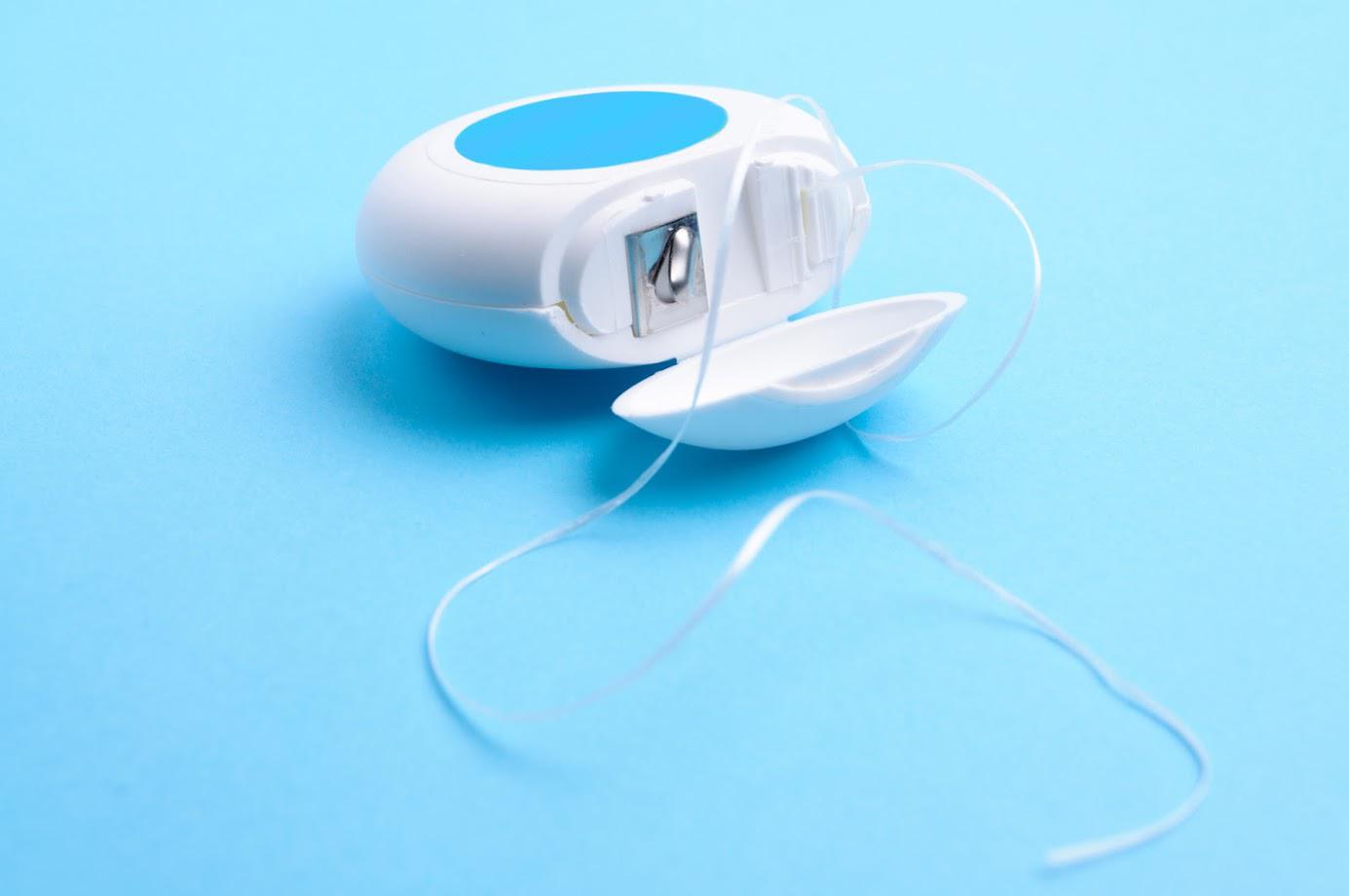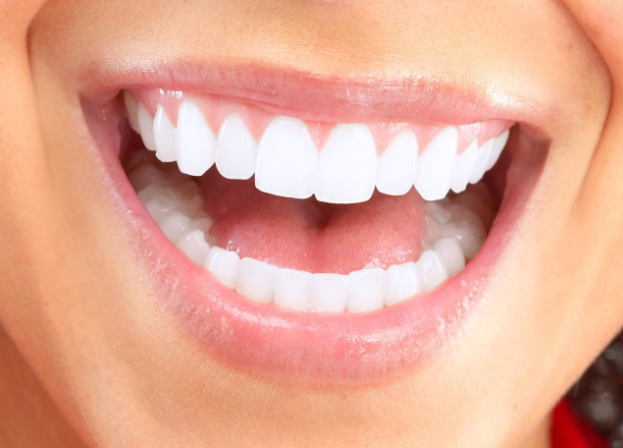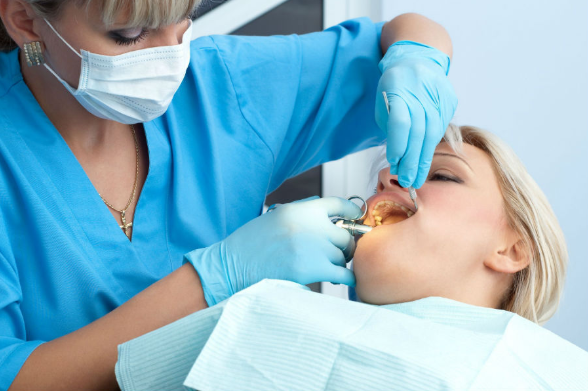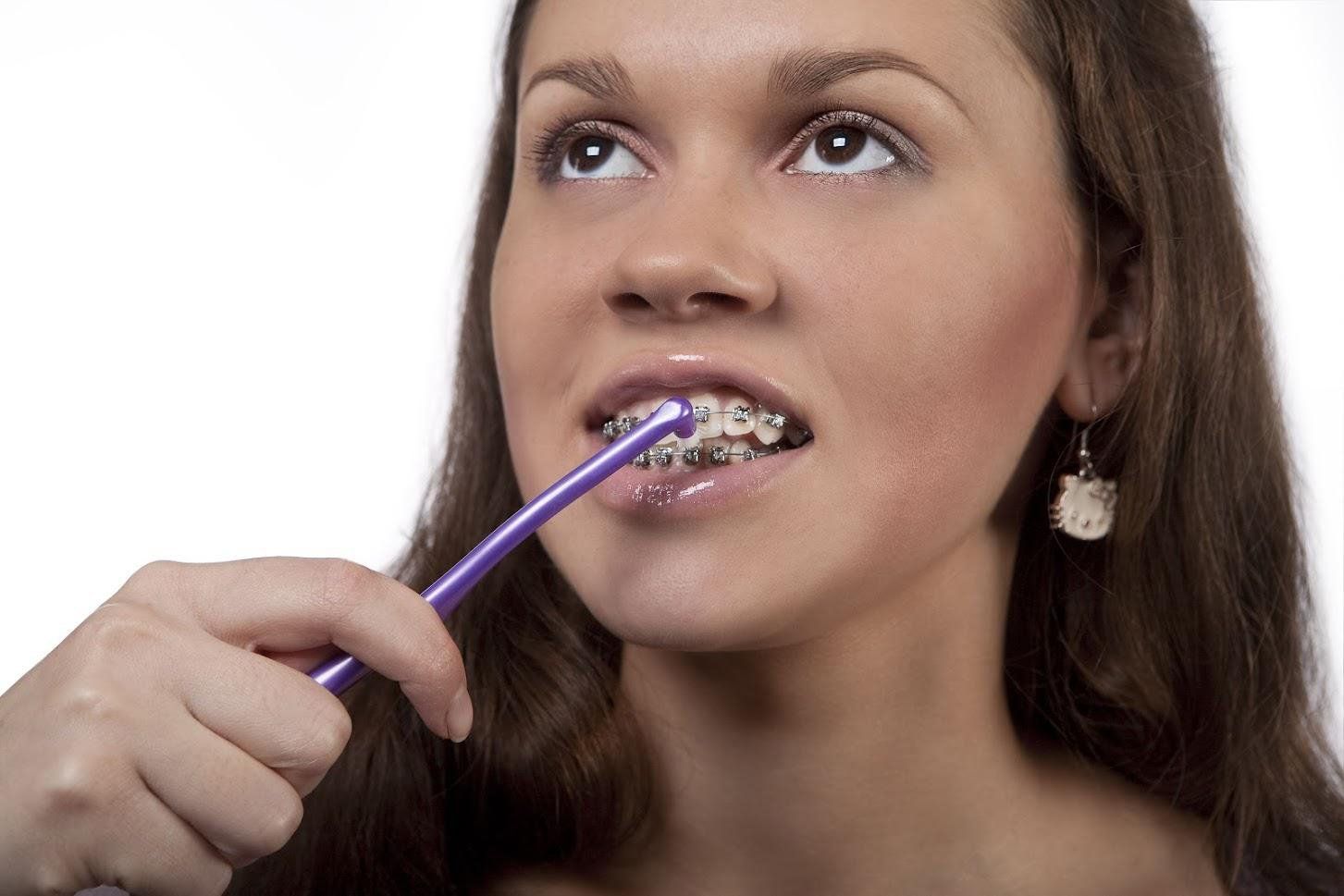4 Braces Problems: Prevention and Treatment
- By Admin
- •
- 03 Dec, 2019

Getting braces is a great way to perfect your smile. While most people experience very few problems with braces, some develop problems with their braces on occasion. Learning about these potential problems can help you understand how to prevent them and what to do if they occur.
Read on to learn about four common braces problems, how to prevent them, and how to treat them.
1. Sore Mouth After Braces Adjustment
After your orthodontist attaches your braces, he or she will need to adjust them on a regular basis. These regular adjustments are an important part of the teeth-straightening process. To adjust your braces, the wires are tightened to place additional pressure on your teeth to help move them into proper alignment slowly over time.
After each adjustment, your teeth may feel sore for several days. This soreness is normal and not a cause for alarm. To ease this soreness, you can take an over-the-counter pain reliever, such as ibuprofen or acetaminophen, massage your gums, or place hot or cold compresses on your jaw.
Also, eat very soft foods when your teeth are sore, such as mashed potatoes, yogurt, soft fruits, and oatmeal, to prevent the placement of additional pressure on your teeth that can worsen your pain.
2. A Broken Wire
Braces are made of many components, including two wires that run through both your top and bottom braces brackets. These wires are relatively sturdy and meant to stay in place when you eat meals and brush your teeth. However, these wires can break if you place too much pressure on them.
To keep the wires of your braces from breaking, avoid eating very hard foods, such as hard candies, nuts, and breadsticks, and never use your teeth as tools.
If a braces wire does brake, do not panic. Instead, simply place a portion of orthodontic wax on the end of the wire to keep the sharp tip from poking the inside of your mouth. Then, contact your orthodontist to schedule an emergency braces repair appointment.
3. A Loose Bracket
Brackets are another important component of your braces. When applying braces to your teeth, your orthodontist adheres one bracket to each tooth with a strong dental adhesive. While this dental adhesive is very strong, the bond created by this adhesive can be broken if you apply too much force to one bracket.
Since the wires of your braces run through your braces brackets, a loose bracket will typically not fall out of your mouth, but instead simply loosely hang in place near where it once adhered to your tooth.
To keep brackets from loosening due to force, avoid eating hard, sticky, and chewy foods.
If a braces bracket does become loose, then don't panic. Instead, place orthodontic wax on and around it if needed to keep the bracket from scraping against the inside of your cheek. Then, contact your orthodontist to schedule an emergency braces repair appointment.
4. Frequent Cavities
Some people who wear braces begin to develop cavities more frequently than before they had braces. Food particles can linger around braces brackets and adhere to braces wires, and some people who wear braces do not brush their teeth sufficiently to remove these particles.
To prevent frequent cavity development while wearing braces, be sure to brush your teeth gently, yet thoroughly, at least twice a day. Also, don’t stop flossing your teeth on a daily basis due to difficulty threading the floss through your braces wires. If you struggle to floss your teeth properly while wearing braces, ask your orthodontist for a hands-on flossing tutorial and remember that practice makes perfect when learning any new task.
If you plan to get braces soon, then follow these tips to help prevent and treat several common braces problems. Contact Donald E. Snyder Orthodontics to schedule your orthodontic exam today.









